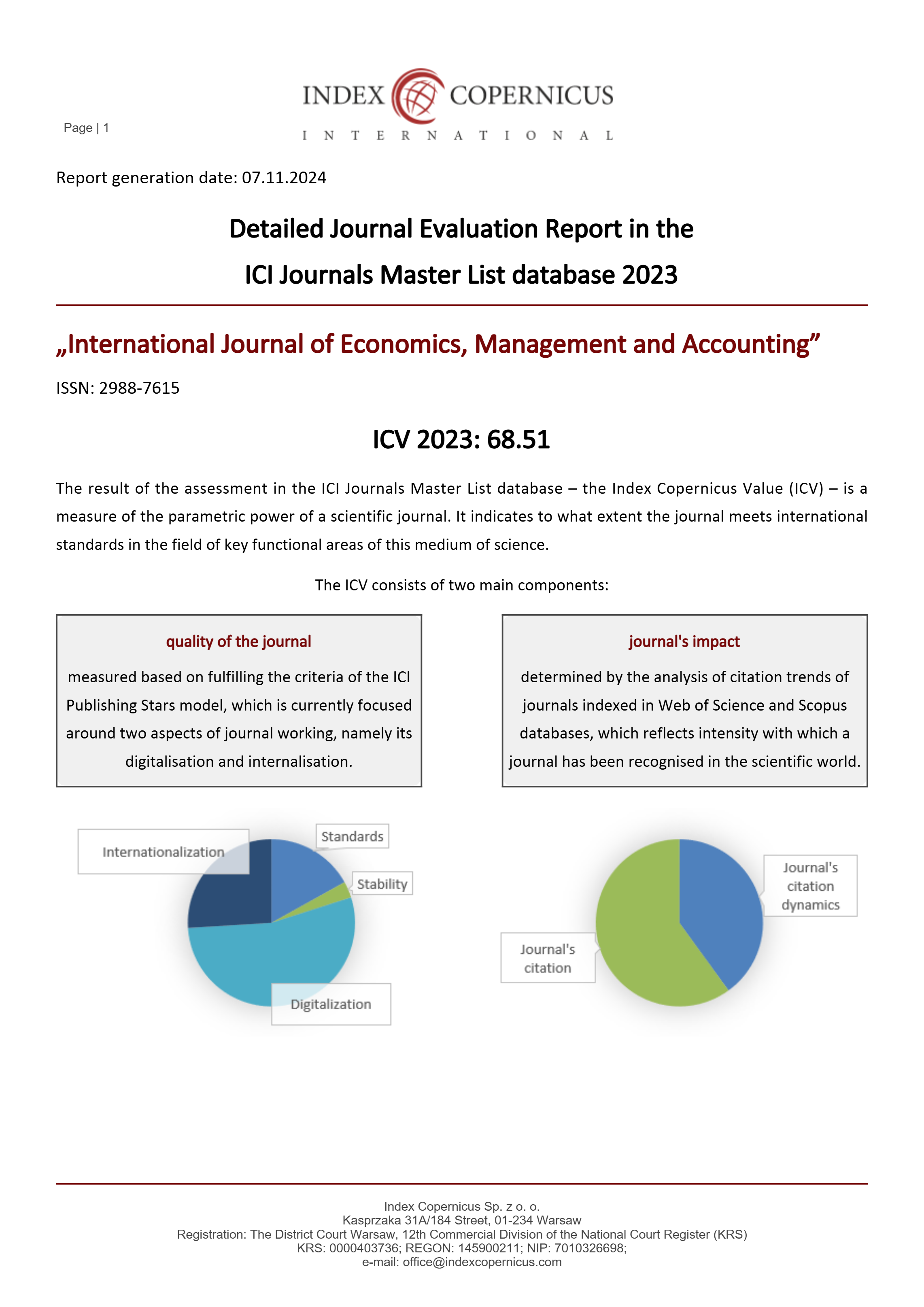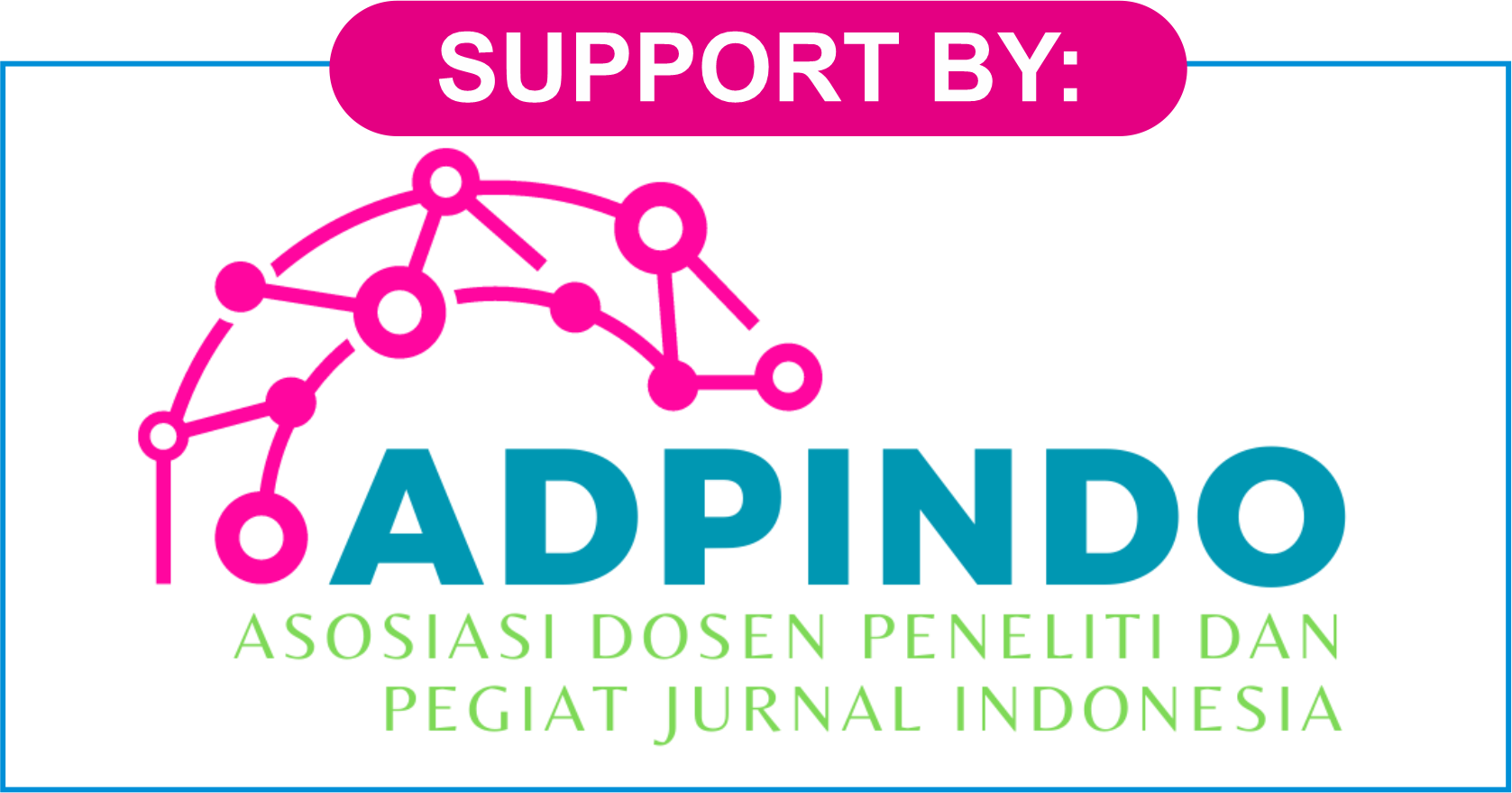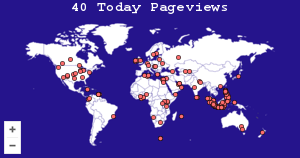The Role of Digital Financing through Crowdfunding in Supporting Social and Humanitarian Fundraising
DOI:
https://doi.org/10.47353/ijema.v3i1.295Keywords:
digital financing, crowdfunding, financial technology, Kitabisa.com, case studyAbstract
This study aims to analyze the role of digital financing through crowdfunding in supporting social and humanitarian fundraising. The method used is a descriptive qualitative approach through a case study. The findings indicate that kitabisa.com has successfully served as a bridge between donors and beneficiaries by utilizing easily accessible digital technology. Factors influencing the success of campaigns include the strength of the narrative, public trust, transparency in fund usage reporting, and the convenience of digital transactions. The platform also encourages broader public participation in social activities in a faster and more efficient manner. These findings suggest that digital crowdfunding is a relevant alternative financing solution in the digital era, particularly for the social and humanitarian sectors.
Downloads
References
AFTECH. (2023). Laporan industri fintech Indonesia 2023. Asosiasi Fintech Indonesia. https://fintech.id
Agrawal, A., Catalini, C., & Goldfarb, A. (2015). Crowdfunding: Geography, social networks, and the timing of investment decisions. Journal of Economics & Management Strategy, 24(2), 253–274. https://doi.org/10.1111/jems.12093
Belleflamme, P., Lambert, T., & Schwienbacher, A. (2014). Crowdfunding: Tapping the right crowd. Journal of Business Venturing, 29(5), 585–609. https://doi.org/10.1016/j.jbusvent.2013.07.003
Braun, V., & Clarke, V. (2006). Using thematic analysis in psychology. Qualitative Research in Psychology, 3(2), 77–101. https://doi.org/10.1191/1478088706qp063oa
Creswell, J. W. (2014). Research design: Qualitative, quantitative, and mixed methods approaches (4th ed.). SAGE Publications.
Kitabisa. (2022). Laporan tahunan Kitabisa.com 2022. https://Kitabisa.com/laporan
Leni, L., Wahrudin, U., & Damayanti Rusmana, F. (2023). Review of Islamic Law on Online-Based Loan Financing Practices in Society. International Journal of Economics, Management and Accounting (IJEMA), 1(6), 491–498. https://doi.org/10.47353/ijema.v1i6.80
Lincoln, Y. S., & Guba, E. G. (1985). Naturalistic inquiry. SAGE Publications.
Mollick, E. (2014). The dynamics of crowdfunding: An exploratory study. Journal of Business Venturing, 29(1), 1–16. https://doi.org/10.1016/j.jbusvent.2013.06.005
Nurmala, R., Tomana, J., L. Tobing, R., Sari, K., Lestari, N. K., & Marjohan, M. (2025). Digital Investment and Online Financial Markets: A Quantitative Case Study on Mutual Fund Investment Decisions by Millennials Using Blue Apps in Jakarta. International Journal of Economics, Management and Accounting (IJEMA), 3(1), 29–38. https://doi.org/10.47353/ijema.v3i1.296
Rahmawati, D., Apriady, M. N., & Wisudanto. (2020). Crowdfunding sebagai Alternatif Pembiayaan Usaha Mikro Kecil dan Menengah (UMKM), Akibat Meningkatnya Jumlah Pelaku UMKM di Indonesia. Sebatik, 28(1). https://doi.org/10.46984/sebatik.v28i1.2403
Yin, R. K. (2018). Case study research and applications: Design and methods (6th ed.). SAGE Publications.
Downloads
Published
How to Cite
Issue
Section
License
Copyright (c) 2025 Muslim, Mulia Agustiani, Leyryza Audryna, Azmi Nabilah, Anthony Setiawan, Marliana, Masno Marjohan

This work is licensed under a Creative Commons Attribution 4.0 International License.











